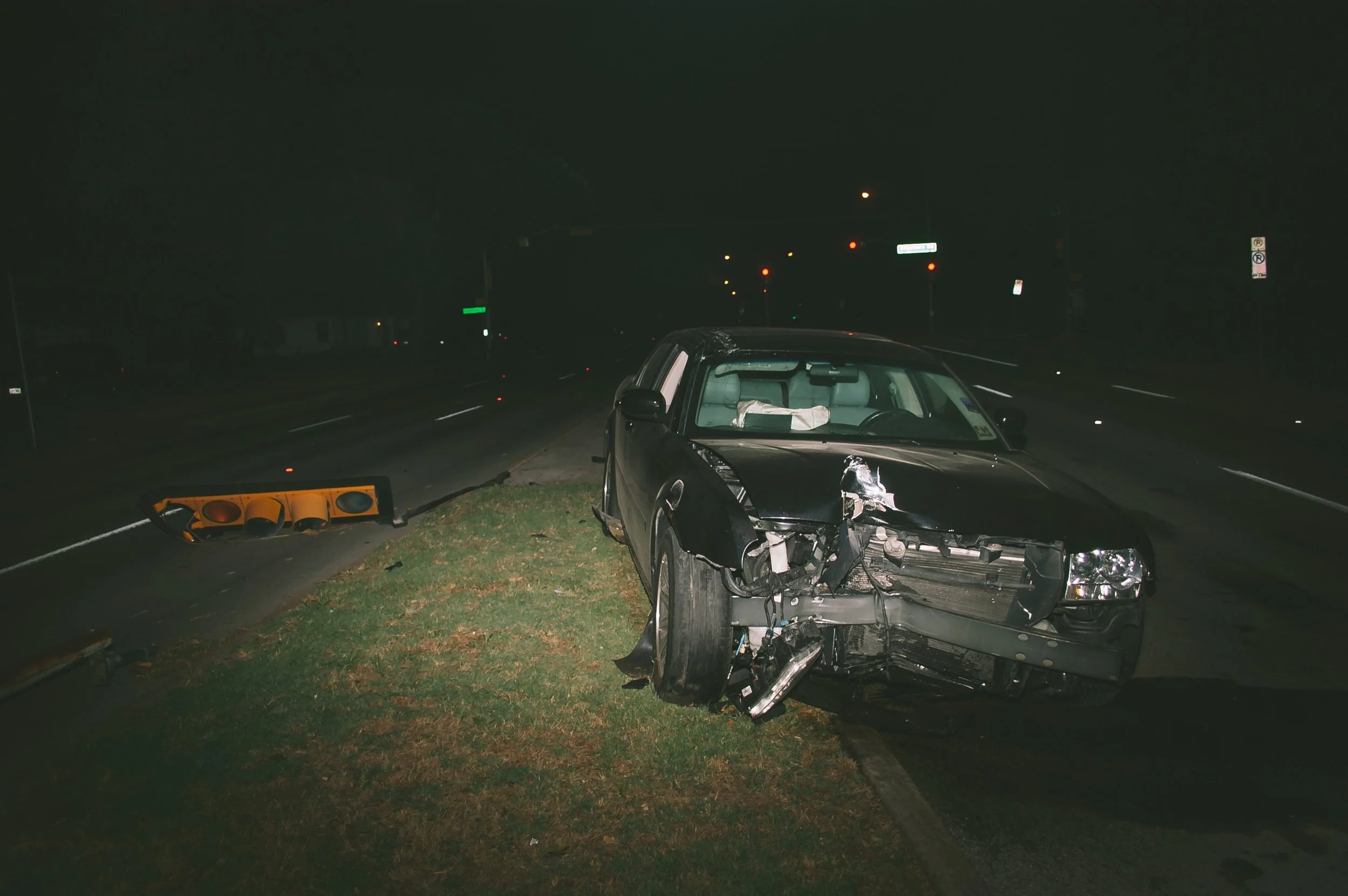LAW BLOG
Topics
- Being a Lawyer
- Bike Law
- CPS Failure
- Car Buying
- Civil Rights
- Consumer Protection
- Crime Victims
- DUII
- Foster Child Abuse
- Implied Consent
- Insurance
- Medical Malpractice
- Nursing Homes
- OYA Abuse
- PTSD
- Patient Safety
- Personal Injury
- Property Damage
- Ride-Share
- Trucking Crashes
- Used Cars
- Veterans Benefits
- wrongful death











